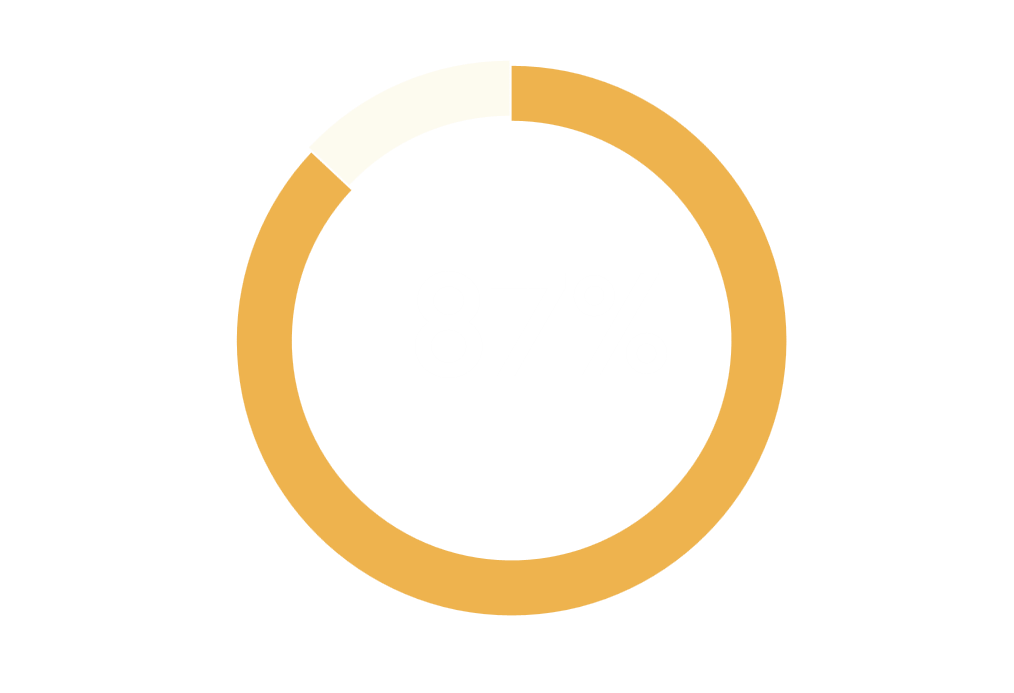Stream On
It is a time of flux for online video streaming. After years of continuous growth, audiences are cutting budgets & dropping services
When times are tough, how can video streaming apps deliver more value to customers, attract new users and ensure they’re not cut?
In Autumn 2022 we conducted a mixed-methods research study, including a survey of 1,000 people in the UK, to find out what they value most and what opportunities exist for video streaming services.
Read on for the introduction and headlines or download a copy of the report now…
Introduction
As budgets shrink and prices rise, the growth trajectory of subscription video is being disrupted for the first time
Since entering UK homes some 10 years ago, the subscription video market has been impressively resilient. Subscription video on demand (SVOD) brands’ combination of great high-budget content and accessible prices has not only been immune to market hurdles, such as a global pandemic, but it has also been bolstered by them.
But in 2022, with sky-rocketing inflation and consumer confidence in free-fall, user loyalty is being stretched to breaking point by mounting costs. Ominously, in the 2nd quarter of 2022 alone 1.7m UK video streaming subscriptions were cancelled.
With a tightening of belts across all age groups, our research shows that few users expect to spend more on SVOD in the coming year and a third intend to cut back. On the current path, the average of two or three paid SVOD services users subscribe to will likely become just one or two.
And with free-to-use ad-supported alternatives now plentiful (eg TikTok, broadcaster VOD, Amazon’s FreeVee, YouTube), those cancelling their subscriptions will not go short of entertainment.
£19
Average monthly spend on SVOD amongst users
2.2
Average number of SVOD services currently used (by individuals)
“Raising the prices in the current cost of living crisis in the UK is a big mistake… they will lose a lot of subscribers like me”

Expect to spend the same or less on streaming services in the next year
AGREE: I am going to try to reduce the number of video services I use
Limited budgets for both brands and consumers mean more intense competition is coming. Knowing, and then meeting, user needs will become even more crucial
SVOD cancellation rates have overtaken acquisition for the first time - just two in three people are currently using SVOD services vs. four in five who have ever used them. No brands are immune from what, on the face of it, appears to be an inescapable market slowdown.
Regardless of the size of their library, the quality of original content, or their current market share, finding new subscribers will be more of a challenge for all SVOD brands. Insight into the needs of users will be essential to navigating the challenges ahead and creating newly invigorated value propositions.
With a conflict between consumer expectations and market reality, leading SVOD brands are exploring new models out of necessity. From ad-supported content to pay-walling of premium features, we can expect some significant shifts ahead.
With the human-centric approach which won over consumers initially now at threat, we undertook fresh research to explore the mindset and needs of UK streaming audiences today…
“The challenge is to find ways to drum up new revenue without losing what made Netflix appealing. Offering a less expensive, ad-supported tier and cracking down on password-sharing could turn off some existing customers”
Stream On headlines
01
SVOD services are no longer an easy choice; they are a luxury. Brands now face the threat of being cancelled as users seek savings and review the value they receive
02
The original SVOD foundations remain vital to audience loyalty: Fresh must-see TV, great value, unbound viewing and easy discovery
03
Ad-funding could be the solution that brands and some audiences seek: it can fund more ‘must-see’ content whilst keeping costs low
04
Any advertising introduced must be offset by clear benefits to be acceptable to audiences. And it must be optional to cater for different viewer needs
05
Whilst the SVOD content offer is performing for most, content discovery is not always easy and recommendations often miss the mark
06
Netflix is, by some distance, the benchmark for meeting user needs. It is the best at delivering a mix of engaging original content, great UX and value that users want
07
Big-budget exclusives are core to content appeal for all ages. Younger audiences are more likely to have interests that go beyond the mainstream
08
Content expansion would ideally be coupled with a more personalised experience to sustain appeal and deliver value from the long-tail
09
Viewers want to feel they are not just beholden to an algorithm. Better guidance, sign-posting and control could help align content discovery with users’ tastes
10
Diversification of formats and experiences beyond passive viewing is an opportunity to better engage younger viewers
Grab a free copy of the report
If you’d like to receive a copy of the summary report, leave your details below to view the PDF.
















